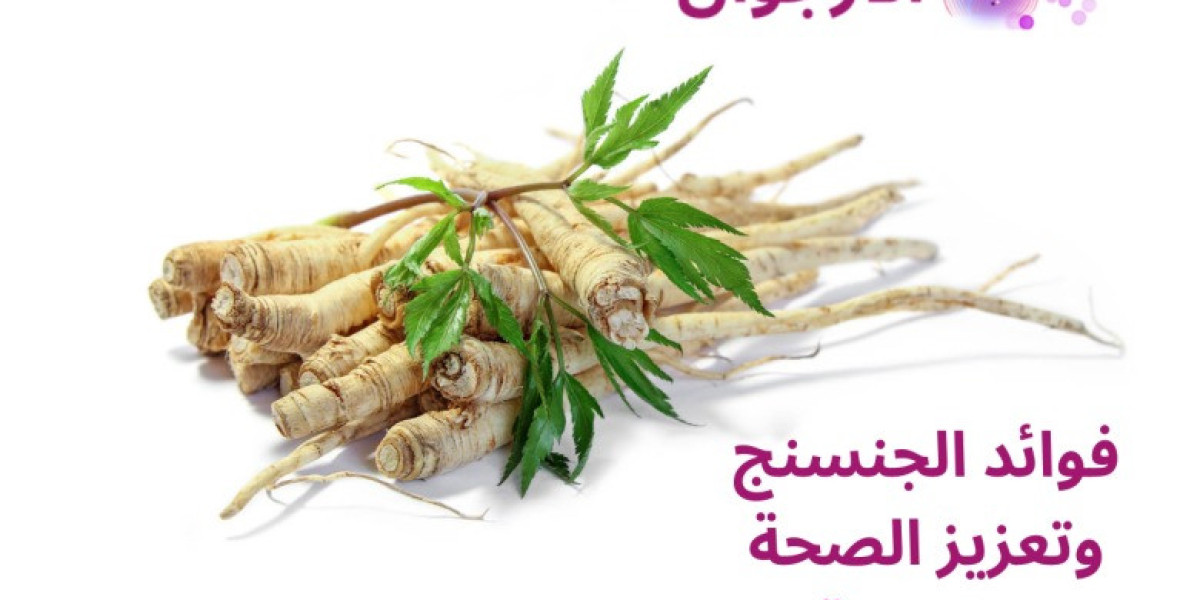Ginseng, a revered herb with a storied past, has captivated civilizations for millennia. Its enigmatic origins and enduring legacy intertwine with folklore, medicine, and commerce.
A Tapestry of Legends
The precise origin of ginseng remains shrouded in myth and legend. Ancient Chinese texts, including the Shennong Bencao Jing (The Divine Farmer's Materia Medica), one of the earliest known Chinese materia medica, mention ginseng as a potent herb.
These texts, dating back centuries, describe ginseng as a "miraculous root" capable of enhancing vitality, longevity, and overall well-being.
Folklore paints a picture of ginseng as a shy and elusive plant, often depicted as a humanoid figure with legs. Legends claim that the most potent ginseng roots resemble human forms, a belief that further fueled its mystique and desirability.
A Geographic Divide: Asian Ginseng vs. American Ginseng
While the exact origins remain uncertain, ginseng is primarily associated with two distinct regions:
- Asian Ginseng: Primarily found in northeastern China, Korea, and parts of Russia, Asian ginseng (Panax ginseng) is considered the most revered variety.
- American Ginseng: Native to North America, particularly the eastern deciduous forests of the United States and Canada, American ginseng (Panax quinquefolius) has its own unique history and medicinal properties.
A History of Trade and Commerce
The demand for ginseng, particularly Asian ginseng, fueled a thriving trade network across Asia for centuries. Routes crisscrossed the continent, connecting China, Korea, and other regions. The high value placed on ginseng made it a prized commodity, often used as a form of currency or tribute.
The arrival of Europeans in North America further spurred the ginseng trade. American ginseng, with its distinct characteristics, quickly became a sought-after commodity in the burgeoning global market. Traders, driven by the lucrative demand in Asia, harvested vast quantities of American ginseng, leading to concerns about overharvesting and the sustainability of wild populations.
Medicinal Applications and Modern Research
Ginseng has been a cornerstone of traditional medicine systems, particularly in Asia. It is believed to possess a wide range of health benefits, including:
- Boosting the immune system: Ginseng may help strengthen the body's defenses against infections.
- Reducing stress and fatigue: It may help alleviate symptoms of stress, anxiety, and fatigue.
- Improving cognitive function: Some studies suggest that ginseng may enhance memory, focus, and cognitive performance.
- Supporting cardiovascular health: It may help lower blood sugar levels and improve blood circulation.
Modern scientific research continues to investigate the potential health benefits of ginseng. While more research is needed to fully understand its mechanisms of action, studies have shown promising results in various areas, including immune support, cognitive function, and cardiovascular health.
Conclusion
The story of ginseng is a testament to the enduring human fascination with natural remedies and the power of plants. From ancient legends to modern scientific research, ginseng continues to captivate and inspire. While its origins may remain shrouded in mystery, its impact on human health and culture is undeniable. As research progresses, ginseng may continue to play a significant role in supporting human well-being in the years to come.
Visit the official website of alarjuan.com


